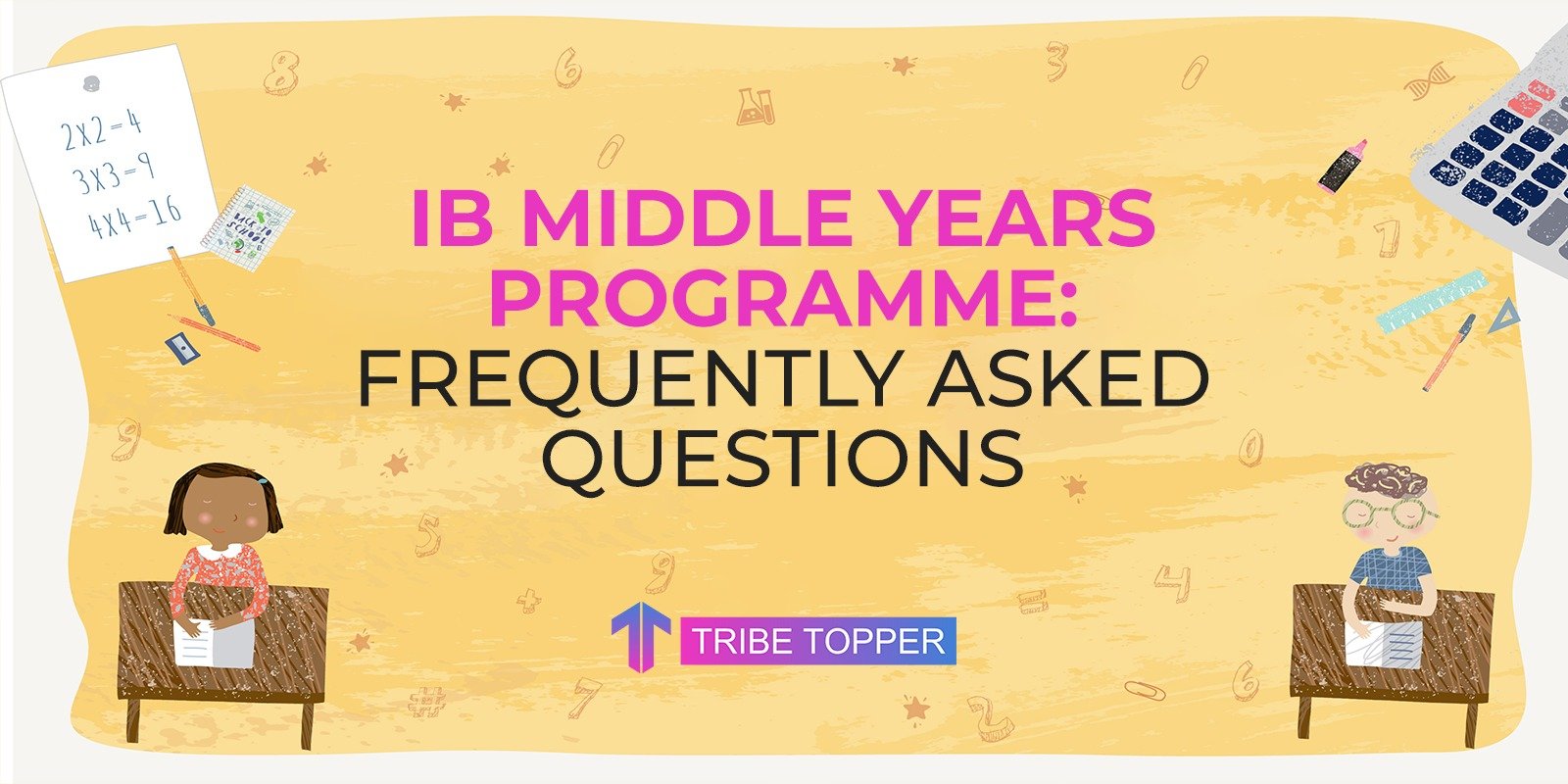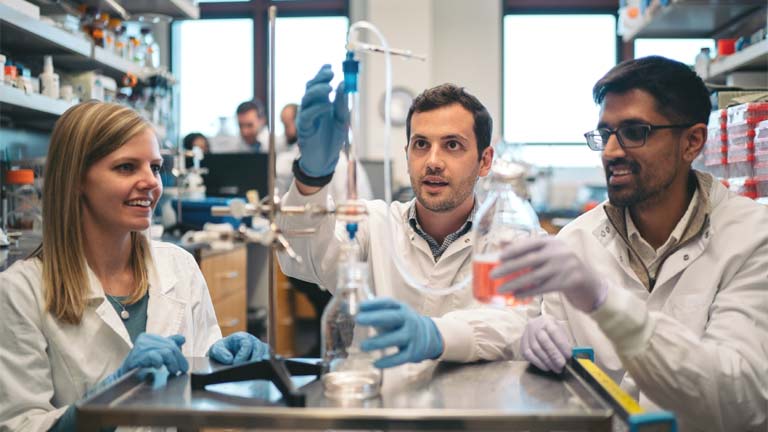The International Baccalaureate Middle Years Programme (IB MYP) is an educational framework that provides a comprehensive and balanced curriculum that fosters intellectual, personal, emotional, and social development. The IB MYP emphasizes developing critical thinking skills, intercultural understanding, and global engagement. Students explore subject areas such as languages, sciences, mathematics, humanities, arts, and physical education.
Through a combination of inquiry-based learning, interdisciplinary approaches, and assessment criteria, the MYP encourages students to become independent learners and responsible global citizens.
The program promotes a holistic education that nurtures students’ academic abilities while cultivating personal growth and social awareness.
As a result, several frequently asked questions (FAQs) about the MYP exist. This article will address some of these common queries and provide detailed explanations.
1. What is the MYP?
The MYP is the International Baccalaureate Organization (IBO) educational program. The curriculum framework aims to develop active learners, promote inquiry-based learning, and foster international-mindedness among students.
2. What are the key components of the MYP?
There are eight academic areas covered by the MYP: language and literature, language learning, people and societies, sciences, mathematics, arts, physical and health education, and design. Additionally, the MYP emphasizes approaches to learning (ATL) skills, which include thinking, communication, social, self-management, and research skills.
3. How is the MYP structured?
The MYP is organized into five years, typically in grades 6 to 10. Each year is divided into units of inquiry, during which students explore specific themes and concepts across different subject areas. The MYP also includes a personal project in the final year, allowing students to demonstrate their understanding and skills through an independent project.
4. What are the benefits of the MYP?
The MYP offers numerous benefits to students. It encourages critical thinking, inquiry, and interdisciplinary learning, which helps students make connections between subjects and develop a broader understanding of the world. The MYP also promotes international-mindedness, cultural awareness, and respect for diversity, preparing students to be global citizens.
5. Is the MYP recognized internationally?
Yes, the MYP is recognized and respected worldwide. It is offered in schools across more than 1,400 locations in over 100 countries. The MYP’s international recognition facilitates student mobility, making it easier for students to transition between schools and countries.
6. How are students assessed in the MYP?
Assessment in the MYP is diverse and multifaceted. It includes a combination of criterion-related assessments, which measure students’ understanding of subject-specific content and skills, and interdisciplinary assessments, which evaluate students’ ability to make connections between different subject areas. Students are assessed through various methods, such as exams, projects, presentations, and portfolios.
7. Does the MYP prepare students for further education?
Yes, the MYP is designed to prepare students for further education. It provides a solid foundation of knowledge, skills, and attitudes that enable students to succeed in higher-level educational programs, such as the IB Diploma Programme or other pre-university courses.
8. How does the MYP support students’ personal development?
The MYP places a strong emphasis on students’ personal development. It encourages the growth of the learner profile traits, including curiosity, information, reflection, communication, open-mindedness, compassion, risk-takers, and thinking. These attributes foster students’ social-emotional skills, ethical understanding, and well-being.
9. Are MYP teachers specially trained?
Yes, MYP teachers undergo specialized training to effectively implement the MYP curriculum. The IBO provides professional development opportunities for teachers to deepen their understanding of the program’s philosophy, assessment practices, and teaching methodologies.
10. How can parents support their child in the MYP?
Parents can support their children in the MYP by engaging in their learning journey. This can include attending parent-teacher conferences, staying informed about the curriculum and assessments, and encouraging their child’s inquiry and independent thinking.
The Tribe Topper website can greatly assist students in excelling in the IB Middle Years Programme (MYP) through various means.
First and foremost, the website provides a comprehensive platform for accessing study materials, resources, and practice questions aligned with the MYP curriculum.
Students can find subject-specific materials, such as notes, videos, and interactive quizzes tailored to their grade level and learning objectives.
This allows students to reinforce their understanding of key concepts and develop a solid foundation in each subject.
Additionally, the Tribe Topper website offers collaborative learning and peer interaction opportunities. Students can join discussion forums, engage in virtual study groups, and participate in live chat sessions with experienced educators.
These interactive features foster a supportive learning community where students can clarify doubts, exchange ideas, and benefit from diverse perspectives. Such interactions enhance critical thinking, communication, and collaboration skills essential to the MYP.
In conclusion, the TribeTopper website is a valuable tool for MYP students, offering comprehensive study materials, collaborative learning opportunities, and targeted exam preparation resources.
By utilizing the platform’s diverse features, students can enhance their understanding of the subject matter, develop essential skills, and optimize their academic performance in the MYP.
Author Bio-
Sonal Gupta is the Chief Learning Office for Tribetopper.com. She is an Educationist with over 16 years of offline and online teaching experience. She is Masters in Physics and Education and has co-authored three science books. sprunki horror Endless Fun Awaits!



Thanks for posting